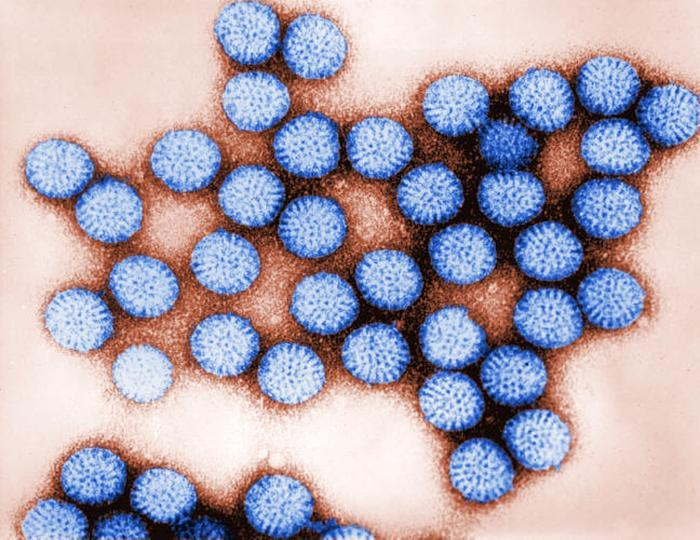
The effectiveness of a single dose of the rotavirus vaccine against emergency department (ED) visits or hospitalizations for inflammation of the gastrointestinal tract was 78% in children younger than 5 years and 53% in older children from 2009 to 2022, estimates a US Centers for Disease Control and Prevention (CDC)-led study published yesterday in Pediatrics.
The researchers used data from eight pediatric hospitals participating in the New Vaccine Surveillance Network to estimate vaccine effectiveness (VE) against rotavirus among children seeking care in an ED or hospital for gastroenteritis defined by at least three diarrhea episodes or one vomiting episode in 1 day.
The test-negative case-control study included 1,720 children younger than 5 years and 14,468 uninfected pediatric control patients. A total of 2,729 participants aged 5 to 17 years were included only in the age-stratified VE analysis.
"Rotavirus was the leading cause of acute gastroenteritis among US children until vaccine introduction in 2006, after which, substantial declines in severe rotavirus disease occurred," the study authors noted. "To maintain the public's confidence in the rotavirus vaccination program, it is critical to monitor long-term effectiveness of rotavirus vaccines, especially against severe illness."
VE declined after 3 years of age
VE of one rotavirus vaccine dose against ED visits or hospitalizations due to common circulating genotypes was 78% (95% confidence interval [CI], 75% to 80%) among children younger than 5. Stratification by a modified Vesikari Severity Score revealed VEs against mild, moderately severe, and very severe illness of 59% (95% CI, 49% to 67%), 80% (95% CI, 77% to 83%), and 94% (95% CI, 90% to 97%), respectively.
Rotavirus vaccines remain highly effective in preventing rotavirus-associated ED visits and hospitalizations across time, disease severity, and common genotypes in the US.
VE against rotavirus infection was highest in children younger than 3 years (73% to 88%) and declined with increasing age. Infected patients were less likely to be vaccinated against rotavirus than controls (62% vs 88%).
"Rotavirus vaccines remain highly effective in preventing rotavirus-associated ED visits and hospitalizations across time, disease severity, and common genotypes in the US," the researchers wrote.











